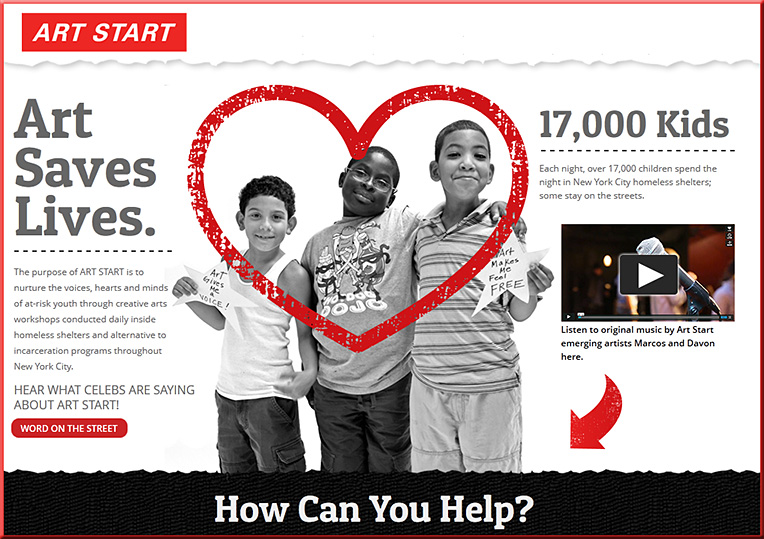From DSC:
Check out this very cool news from my friend and Bible Study fellow — Mr. Patrick Mohney, President of SEA Biofuels, LLC
This is really amazing.
First of all, people in the developing world, even today, use either campfires or some other smokey cooking system. This type of cooking is the norm for three billion people today, this leads to millions of deaths per year, as well as a leading contributor of greenhouse gases. Also, I learned that in some parts of the world, women that normally collect the cooking fuel, are the subject of physical violence and rape as they collect fuel in a territory that another clan, family or tribe feel belongs to them. I hear these things and think, “Seriously, we have to fix this!”
We could fix this, if we had a clean and environmentally friendly alternative fuel that they could afford. Now we have just that. We make fuel from excess agricultural waste like rice husks, coconut shells or almost any woody bio-material.
The stove-fuel combo is the most efficient in the world, but the reason that I am excited about it, is that it is less expensive to operate for the consumer than the alternative fuels. As it turns out, people that use wood or charcoal to cook with, usually pay for it, and it is not cheap. Our fuel is usually half to three quarters of the price of the status quo fuel at retail to the consumer. This is why our stove and fuel is presently the only option that is scale-able and can help millions, or billions of people.
I know you are busy, but we can solve this for half of the worlds people, if you could just pass this on or make some noise. Like us on FB.
Our mission statement is, “Be a Blessing to others and you will be Blessed”.
God Bless you and your family.
Patrick Mohney
President
SEA Biofuels, LLC
From DSC and Patrick:
Contribute something today — make the world a better place to live in.














